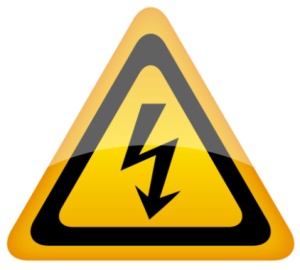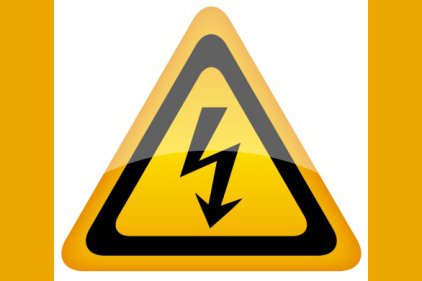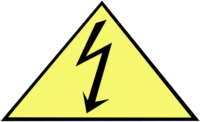 Whether you’re going to be relaxing by the pool or enjoying trips on your boat this summer, the Electrical Safety Foundation International (ESFI) has some vital safety tips to ensure that an electrical hazard doesn’t interrupt your fun in the sun.
Whether you’re going to be relaxing by the pool or enjoying trips on your boat this summer, the Electrical Safety Foundation International (ESFI) has some vital safety tips to ensure that an electrical hazard doesn’t interrupt your fun in the sun.
Pool and Spa Safety Tips
- All outdoor receptacles should be covered to keep them dry. This is especially important around pools, spas and other summer water activities.
- Use a ground fault circuit interrupters (GFCIs) for electrical devices used outside to help prevent electrocutions and electric shock injuries. Portable GFCIs require no tools to install and are available at prices ranging from $12 to $30.
- Make sure all electrical equipment used for swimming pools, including the cleaning equipment, is grounded.
- Electrical devices and cords should be kept at least 10 feet away from water sources such as pools and spas. When possible, use battery operated electrical devices outside.
- Never handle electrical devices when you are wet – either from water activities or from perspiration.
- Make sure there are no power lines over a swimming pool.
- Do not swim during a thunderstorm.
Boating Safety Tips
- Sailboats often have masts of 30 or more, which are dangerous when they come into contact with overhead power lines. Keep masts and other objects at least 10 feet away from overhead lines to help prevent electrical accidents.
- Consider tides when determining overhead clearances. Overhead clearances that are adequate for your vessel at low tide may not be adequate for your vessel at high tide.
- Make a habit of looking up to check for lines before moving or rigging your vessel.
- When fishing onboard, make sure to check for overhead power lines before casting your line.
- Make sure to keep all drying sails and sheet lines from blowing into power lines.
- Check navigation charts for the location of submarine cables. Don't take the chance of disturbing these cables by anchoring your boat near them.
- All the AC outlets on board should be three-prong with appliances plugging directly into them.
- As within the home, extension cords should be used only for temporary purposes on a boat.
- Ensure that all electrical connections are inside a panel box to avoid contact.
- Never interconnect the AC and the DC systems on the boat.
For more summer safety tips, visit ESFI’s website at www.electrical-safety.org.
The Electrical Safety Foundation International (ESFI) is a 501(c)(3) organization dedicated exclusively to promoting electrical safety in the home, school and workplace. ESFI sponsors National Electrical Safety Month each May, and engages in public education campaigns throughout the year to prevent electrical fatalities, injuries, and property damage. To learn more about ESFI, visit www.electrical-safety.org.


